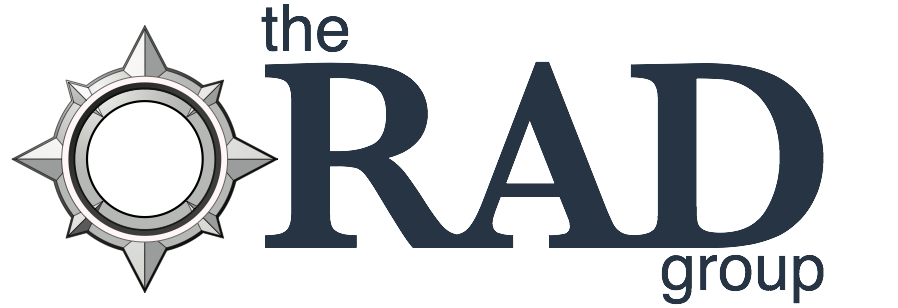Our 2012 Newsletter series focused on the Top 20 Characteristics of a “Best Boss” and we described in some detail how these individuals come to be seen in this light by their employees. This year, we will focus at a more macro-level and evaluate what it takes to be seen as an “Effective Organization”. Effective Defined “Effective” can be defined in many different ways, and an agreed upon definition has eluded organizational researchers for decades. In light of this, we will need to begin our discussion with a definition that, hopefully, we can all agree on to some extent. Simply put, an "Effective Organization" is one that meets its stated goals and accomplishes its stated mission. But of course, by this definition, low goals and unimportant missions can create effectiveness and this would miss the point.
We view "Effective Organizations" as those where the mission and goals are ones that people would want to invest in and/or participate in because they bring value to not only the individual, but also customers and society in general. They are viewed as “High Performance Organizations” because they are considered more successful than their competitors in areas such as profitability, customer service and strategy. In other words, they are effective at getting results that are seen as superior and valuable to others.
The Next 11 Issues Our discussion over the next 11 months will focus on some of the characteristics of these types of effective organizations, which by the way are found in both for profit and not for profit organizations. So what are the characteristics that we will be discussing this year? While this list is probably not complete, both our experience and the research of others supports each of these as a component of an effective organization.
The order of appearance of each characteristic is not reflective of our view of it’s importance; only that it is necessary for an organization to become really effective. So here are our topics for 2013.
An "Effective Organization":
#1 -- clearly defines and communicates mission/goals/values/expectations
#2 -- aligns all aspects of the organization including people, systems and processes
#3 -- models and develops Facilitative Leadership throughout the organization
#4 -- holds everyone accountable with both positive and negative consequences for results
#5 -- builds a collaborative and empowered environment based upon teamwork
#7 -- focuses on meeting customer expectations and needs
#8 -- creates a culture based on honesty, integrity and mutual respect
#9 -- identifies meaningful measurements and timely feedback
#10 -- insists on open communication throughout the organization, and
#11 -- is resilient; capitalizes on adversity.
As we discuss the characteristics of effective organizations, we would challenge you to evaluate your organization in light of these characteristics, just as many of you did for your own personal leadership performance in 2012.
Hopefully, our discussion will help you move your organization and/or team toward increased effectiveness, no matter where you are at present.
